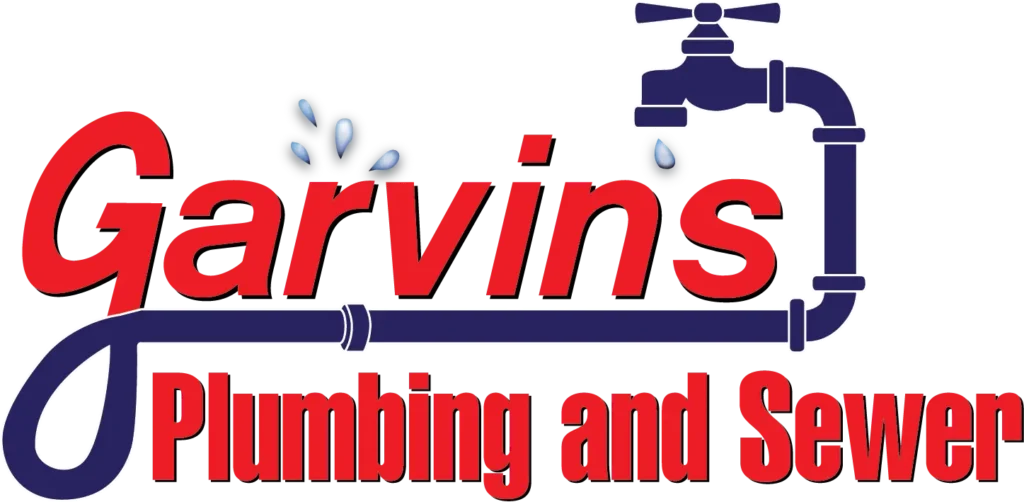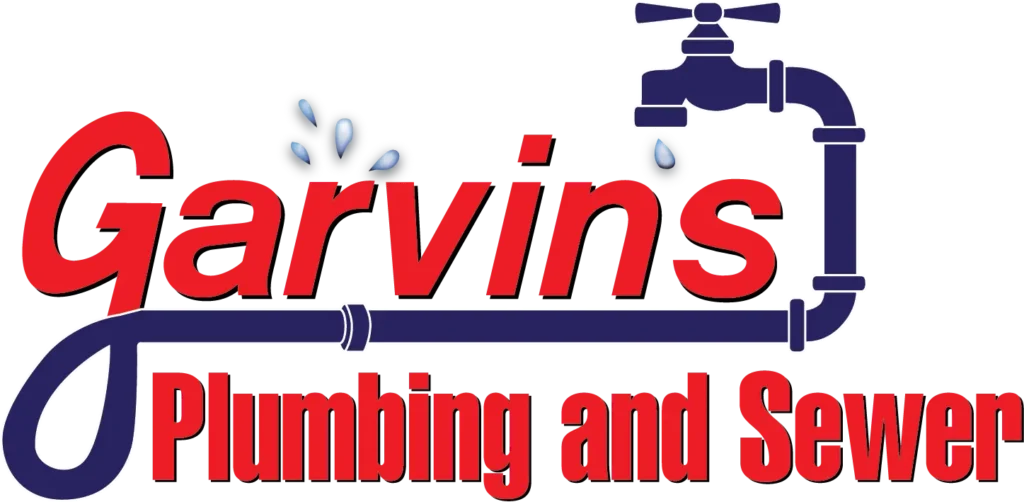For several decades, Garvin’s Sewer Service has been synonymous with professional plumbing and drain cleaning service near Englewood. So it stands to reason that we know a thing or two about sewer systems and water supply in and around Denver – particularly, how important it is to conserve water and increase the overall system’s efficiency.
The Case for Water Efficiency
In the last decade, the costs of water and wastewater services have increased considerably nationwide, mostly due to the fact that cities have begun moving away from bygone supply systems and towards state-of-the-art solutions. While in the long run this overhaul should provide an excellent return on investment, there are things we can do right now that will benefit the average business’s water bill. Let’s use the food service industry as an example because water usage – especially hot water – is significantly higher here than in other trades. Energy is required to “create” hot water, and that’s something that restaurants use a lot of. Consider water-intensive equipment such as dishwashers, basins, sinks, and dipper wells, which run almost continuously during business hours. Replacing outdated, inefficient foodservice equipment with water-efficient upgrades is one of the biggest steps a food service establishment can take towards increased water efficiency, especially because the investment in new equipment will soon be recouped via lower monthly water bills.
Another advantage of implementing water-efficiency solutions in the food service industry is increased customer satisfaction and respect. Consumers want to do business with companies dedicated to green initiatives, and water conservation is an area where food service entities can have a massive environmental impact.
Tips for Running an Efficient Food Service Operation
- Upgrade appliances such as dishwashers, ice machines, and steam cookers to extra-efficient models proven to reduce water and energy use.
- Inspect systems such as pre-rinse and food disposal, as well as everything boiler-related, i.e. combination ovens, steam kettles, and steam cookers, to identify where water usage can be decreased. Our local plumber serving Englewood is happy to provide some suggestions.
- The impact of proper dishwasher prep and loading is oft-overlooked, which is a shame because executing these steps properly can lead to impressive reductions in water usage. Foodservice managers and owners who make a small investment of time and money to train employees in this area will be more than pleased with the results.
- Toilets, bathroom faucets, urinals, and everything else in a lavatory can be upgraded to more water-efficient solutions. In fact, some independently certified models have shown to be almost 20 percent more water-efficient than previous-generation models.
- The automatic sensors found on today’s faucets, toilets, and urinals might be small, but they can be a big obstacle to water conservation when not functioning properly. Check these periodically to ensure they’re operating correctly and not needlessly wasting water.
Start Conserving Water Today
In the foodservice industry, the vast majority of water usage stems from equipment and the processes followed by employees during daily tasks. Thankfully, there are plenty of ways to increase efficiencies in both categories. Contact Garvin’s Sewer Service today and let’s talk further about water conservation, and professional drain cleaning near Denver, and much more.





